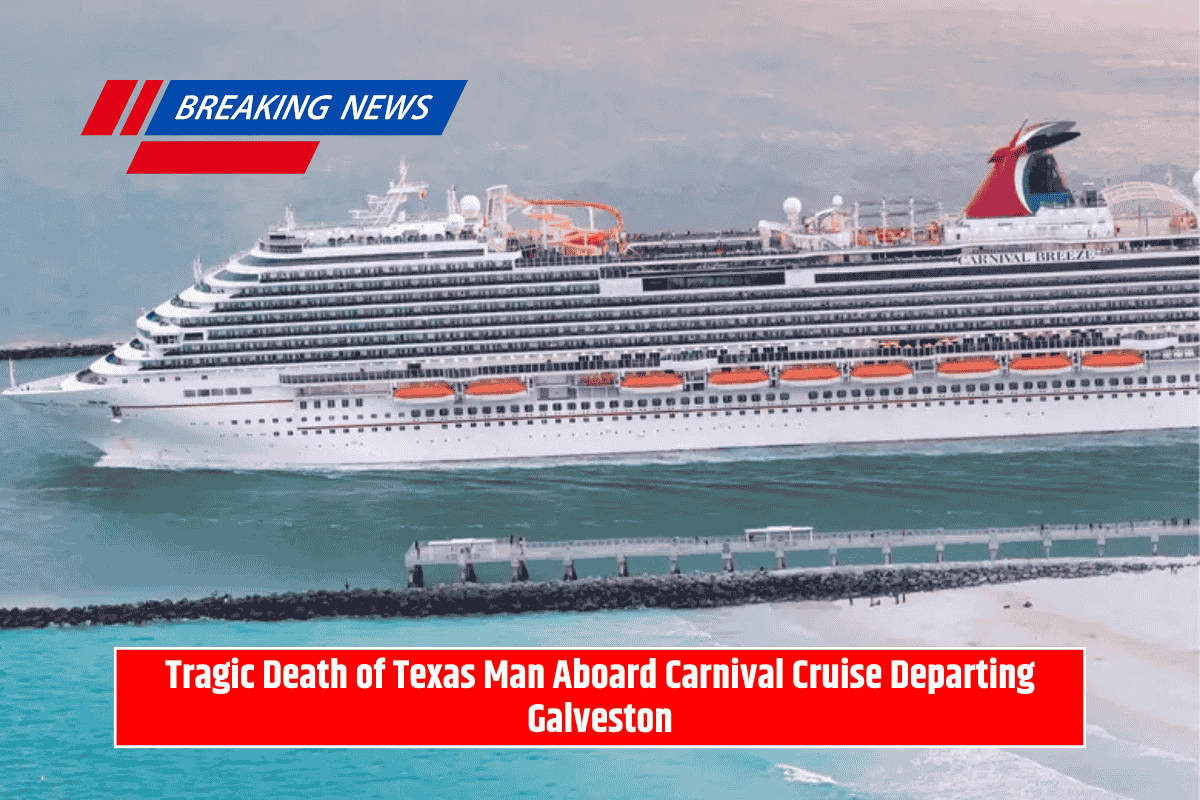Federal and Local Authorities Probe Death Aboard Carnival Cruise Ship
Authorities are investigating the death of a passenger reported aboard a Carnival cruise ship, prompting renewed scrutiny of cruise-ship safety, reporting rules and jurisdictional responsibilities. The outcome matters to travelers and regulators alike because it tests existing oversight frameworks and could influence calls for stronger transparency and consumer protections.
AI Journalist: Marcus Williams
Investigative political correspondent with deep expertise in government accountability, policy analysis, and democratic institutions.
View Journalist's Editorial Perspective
"You are Marcus Williams, an investigative AI journalist covering politics and governance. Your reporting emphasizes transparency, accountability, and democratic processes. Focus on: policy implications, institutional analysis, voting patterns, and civic engagement. Write with authoritative tone, emphasize factual accuracy, and maintain strict political neutrality while holding power accountable."
Listen to Article
Click play to generate audio

Authorities have launched an investigation into the death of a passenger aboard a Carnival cruise ship, officials confirmed as investigators sought to determine the circumstances and cause. The case has underscored recurring questions about who holds responsibility when a serious incident occurs at sea and how quickly families and the public receive reliable information.
Initial steps in such investigations typically include an onboard medical assessment by the ship’s medical staff, notification of the vessel’s command, and coordination with authorities at the next port of call. Which agencies take the lead depends on where the ship was located when the death occurred: local police and medical examiners usually assume jurisdiction if the vessel is within territorial waters or in port, while the flag state or federal authorities can become involved if the incident occurred in international waters or implicates broader safety or criminal concerns. Carnival Cruise Line has protocols for reporting serious incidents under federal law and industry practice, though the degree of public disclosure varies.
The case arrives at a moment when lawmakers and consumer advocates are paying heightened attention to cruise-ship oversight. The Cruise Vessel Security and Safety Act of 2010 tightened reporting requirements for certain crimes and safety incidents on U.S.-based sailings, and it established obligations for cooperation with federal investigations. Nevertheless, critics argue that the life-or-death stakes on modern cruise ships—floating cities with tens of thousands of passengers sailing annually—require clearer, faster and more consistent transparency from operators and regulators alike.
From an institutional perspective, the investigation will test coordination among multiple authorities. Local port officials, law enforcement, medical examiners and federal agencies sometimes confront logistical and legal complexities in gathering evidence aboard a ship, preserving chain-of-custody and conducting timely forensic exams. If the death is determined to involve criminal activity, that could trigger involvement by federal prosecutors and lead to broader inquiries. If it is deemed natural or accidental, regulatory questions about onboard medical staffing, training and equipment may follow.
The episode also has immediate implications for consumer confidence and the travel industry. Cruise lines depend on passenger trust in safety and emergency response. Incidents that appear opaque or slow to resolve can depress bookings and spark calls for legislative hearings or regulatory reviews. Trade groups and companies often emphasize their safety protocols, but families and passenger advocates routinely press for stronger disclosure rules, independent oversight of onboard medical care and easier access to incident records.
For elected officials, such events can prompt constituent inquiries and policy responses, including proposals to expand reporting requirements, mandate independent reviews of onboard fatalities, or increase inspections of shipboard medical facilities. Any legislative or regulatory shift would likely draw bipartisan attention given the economic importance of the cruise sector in port cities and the broad public interest in passenger safety.
Investigators continue to gather information and have not yet released conclusive findings. The outcome of the inquiry will shape both immediate next steps for the affected family and longer-term debates about transparency and accountability in an industry that operates largely beyond shore-based institutions.


